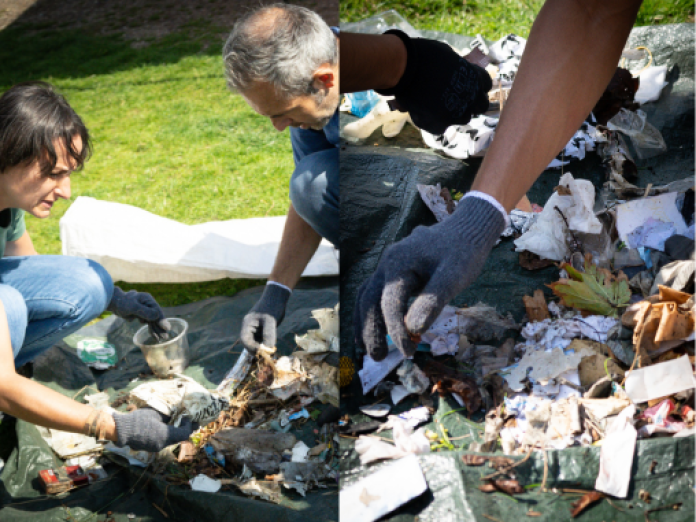Meet last year's participants: Nordic Ocean Watch Denmark
Interview with Isabel Lissner and Giovanna Albani from Nordic Ocean Watch Denmark.
Why do you collect trash from the ocean?
Humanity depends on the ocean. Three billion people depend on fisheries and other coastal activities. Our oceans produce 50 procent of oxygen for us and 15 percent of animal protein. But humans are not very good at keeping it clean, safe and healthy. Every year it’s estimated that around 8 million tons of plastic end up in the ocean. That’s two truckloads every minute. That doesn’t sound like a lot if you think about the whole vast ocean. But it stays in the ocean and breaks down into smaller pieces. So that’s why it’s our mission to do something about this and raise awareness and do our part to clean the oceans.
We invite people to spread around water, so it can be canals, seasides and lakes. Even if it’s not directly in the water with the wind it’ll end up in the sea.
This is to raise awareness and conscience about the trash you find. You can find objects that you use in your everyday life or objects that you were not expecting to find.
Our approach is to create a community and connect to each other and spread awareness around.
How do you collect the trash?
We have grabbers, gloves and reusable bags so we don’t produce more plastic.
How much trash have you collected this time?
28 kg, mainly metal and plastic.
The idea is also to do some statistics and science by separating the different types of waste so we can see how much is plastics, metal and cigarette buds for example. We upload the data to social media and to the European network of clean up organizations.
What is the strangest thing you’ve found?
We found a lot of glass bottles and crushed cans. And a heart shaped balloon.
